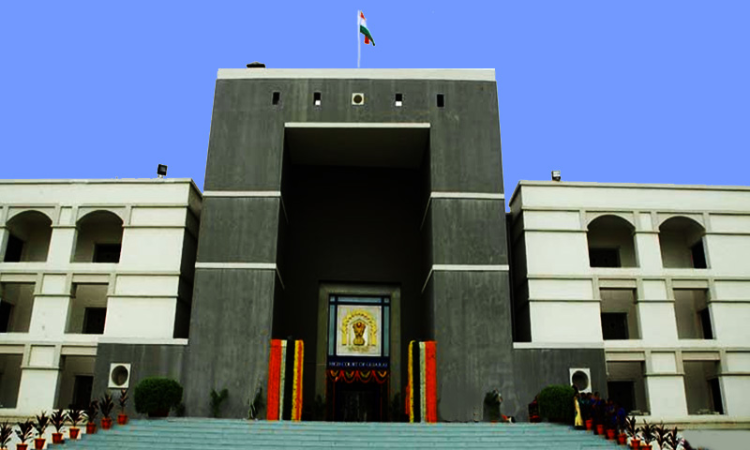Gujarat High Court Explains The Meaning Of "Full Wages Last Drawn" Under Section 17(B) of Industrial Disputes Act
PRIYANKA PREET
28 Jan 2022 9:58 AM IST

Next Story
28 Jan 2022 9:58 AM IST
Upholding the decision of the Single Judge Bench, the Bench comprising Justice Vora and Justice Mayee has affirmed that under Section 17(B) of the Industrial Disputes Act, 1947 ('ID Act'), the workman is entitled to payment of full wages last drawn by him during the pendency of the proceedings in the High Court and not from the date of filing of affidavit as contended by...
